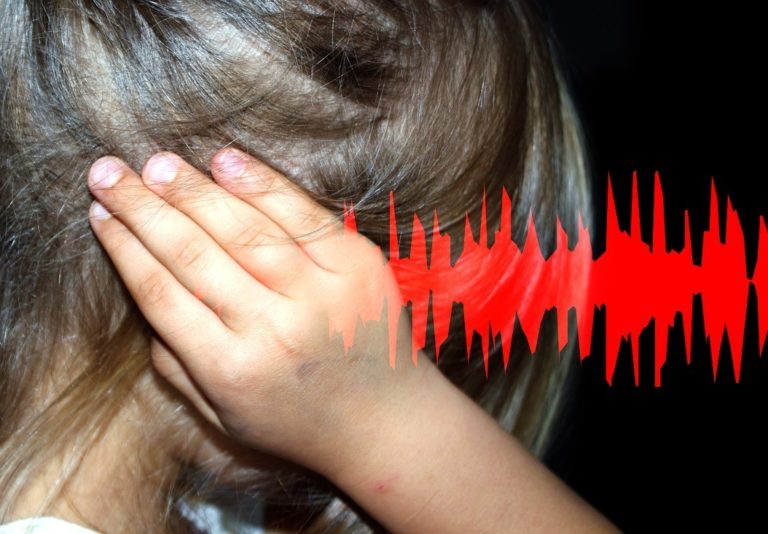
6 Health Gimmicks That Can Derail Your Progress

Get access to everything we publish when you
sign up for Outside+.
There are probably certain sayings or rules you’ve heard since childhood that have influenced the way in which you approach your health. But are they even true? Health gimmicks, as they’re referred to, are essentially novel ideas or devices that have been marketed to give quick and unbelievable results that usually play off a pain point that people struggle with, explains Tansy Rodgers, FNTP, functional nutritional therapy practitioner.
Though health gimmicks might seem like harmless opportunities to better ourselves and improve our well-being, they can actually derail our progress in many ways. “Health gimmicks play on people’s fears that they need to do more and more to be healthy — those who are already healthy but feel they could do more and those that know they aren’t living very healthy and need to improve,” says Roger E. Adams, Ph.D., doctor of nutrition and owner of eatrightfitness.
What’s more: The enticing promise that health gimmicks are quicker, more effective or longer lasting than time-honored practices involving good health talk people out of investing time in the things that matter, such as eating a nutrient-rich diet, exercising regularly, getting enough sleep each night, hydrating effectively, etc. “Often, they market these shortcuts as miracle pills or potions, quick diets, detoxes and quick fixes,” Adams adds.
Of course, it’s easy to fall for health gimmicks because they present themselves as being anything but a positive contribution to your lifestyle. To help prevent you from falling for these health gimmicks, we turned to the experts to set the record straight.
1. Vegan Foods
While the plant-based movement is admirable for many reasons, namely cutting down on consuming animals and encouraging people to eat more fruits and vegetables, the lab-created vegan foods can sometimes pose more of a health concern. Many of these “vegan” foods contain a slew of chemical ingredients you can’t pronounce, including added dyes and artificial sweeteners and preservatives, and they are loaded with inflammatory-causing sugar, notes naturopathic doctor and clinical nutritionist David Friedman, ND, DC.
What’s more: Just because something is “vegan” doesn’t mean it’s healthy. “Being a vegan simply means not consuming any food or using products derived from animals, so that means Oreo cookies and donuts fall into the vegan food category,” Friedman says. “Eating a fattening bowl of pasta for lunch and washing it down with two cokes is a vegan-approved meal.” If you want to go vegan, he recommends focusing on adopting a whole-food, plant-based diet rather than depending on man-made and manufactured products touting the vegan label.
2. “Diet” Drinks
If you’re craving a soda or an iced tea and see a version of the one you love with the tag line “diet,” you may think it’s a healthier option — however, this is hardly ever the case. In fact, these “diet” versions of drinks contain a bevy of artificial ingredients that are created by chemists in a laboratory along with sugar alternatives that can lead to imbalances in the body, Friedman warns. One study by researchers at the University of Texas Health Science Center at San Antonio found that people who drink two or more diet soft drinks daily have a waist circumference 500 percent greater than those who drink none.
While non-diet sodas are not any better for you, they do tend to contain fewer artificial ingredients. Still, the best beverages for you are the ones that are most natural: water and those containing natural sugar alternatives like stevia, monk fruit, xylitol and coconut sugar, according to Friedman.
3. Gluten-Free
This tag line is all the rage as of late. However, the reality is that few people are actually gluten intolerant. In fact, one study published in the journal Digestion found that 86 percent of participants who thought they were allergic to gluten were not. Still, you might think that even if you’re not intolerant, it’s better to eat gluten-free. Think again.
“Most gluten-free bread, pasta, cereals and baked goods have more calories than their gluten-containing counterparts and are typically higher in refined carbohydrates, sugar, fat and salt,” Friedman warns. “Gluten-free foods are also lower in healthful nutrients like folate, thiamin, riboflavin, iron and niacin because they are not enriched with these nutrients like most wheat products.” If you don’t have a medical reason for following a gluten-free diet, Friedman recommends instead trying to focus on consuming whole-grain-rich carbohydrates instead of “gluten-free” versions.
4. Juice Cleanses
If you were told you could lose weight while gaining health in a matter of days, would you do it? Chances are, your answer was “yes,” and, if so, you’d easily fall for a juice cleanse. The trouble is that many of these juice cleanses propose that you can simply drink the juice without having to eat anything of substance and this, in and of itself, is counterintuitive, according to Friedman. This is because you can often glean more nutrients from a whole food if you consume the entire thing rather than just the juice.
“For example, eating one orange gives you 30 milligrams of vitamin C, but if you drink orange juice made with that same orange (without the pulp), the fluid will contain only 18 milligrams of vitamin C,” he says. It’s also not sustainable, meaning that once the cleanse is over, your body will likely return to its state of normal. “Despite their promise, juice cleanses do not ‘clean the toxins from the liver and gallbladder.’ If anything, because juice contains no fiber, the increased sugar spike can harm these organs,” he adds.
5. Meal-Replacement Bars
Our ancestors never had access to bars of food made in a lab — they only foraged natural, whole foods. We should do the same, according to Friedman. “While the label may look impressive with that list of synthetic vitamins and minerals, these replacement bars lack vital antioxidants, enzymes and phytonutrients (plant nutrients) that work synergistically with each other,” he says. “In addition, most weight-loss or meal-replacement bars contain sugar or artificial sweeteners, artificial colors, flavors, stabilizers, hydrogenated oils, fillers and preservatives.” While some meal-replacement bars do offer fiber, he points out that it’s often considerably less than what is found in whole foods like fruits, vegetables and legumes, which you’re better off eating instead.
6. Diet Pills
While it’s true that it’s possible to shed weight with certain diet pills on the market, the outcome is hardly ever better health. “The ingredients in many of these pills include ephedrine, synephrine and fenproporex, which can cause health issues such as strokes, heart attacks, upset stomachs, irregular heartbeats, vomiting, headaches and even death,” Rodgers warns. “Not only are these serious side effects, but diet pills can also create unhealthy relationships with food and your body.” Instead, she recommends focusing on eating whole, unprocessed organic foods, drinking plenty of water, decreasing your stress, balancing your hormones and prioritizing your sleep.
Published at Thu, 03 Mar 2022 07:36:29 -0800






